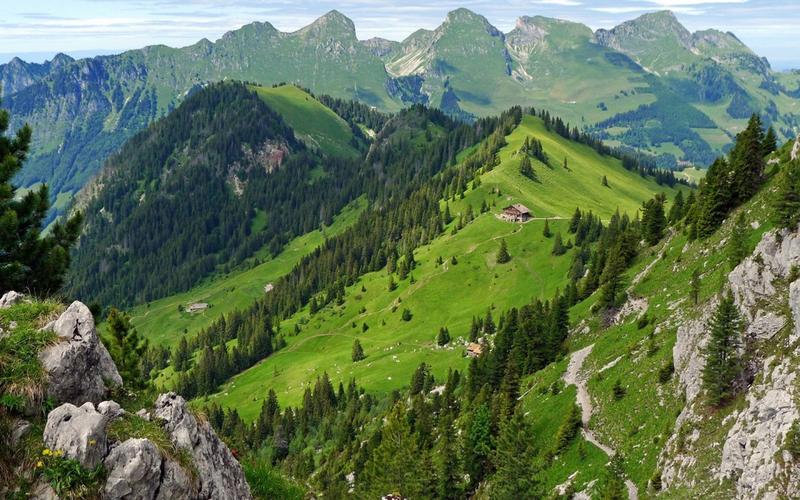Exploring the Rich Diversity of Indigenous Cultures Around the World
Indigenous cultures exist in every corner of the world, each with unique customs, traditions, and practices that have been passed down through generations. These cultures are a testament to human diversity and a reminder of the power of diversity to enrich our lives.
The Importance of Preserving Indigenous Cultures
Indigenous cultures are often marginalized, and their traditions and ways of life are threatened by modernization and globalization. It is important to preserve these cultures as they offer valuable insights into the way humans have lived in harmony with nature for centuries. Additionally, the preservation of indigenous cultures can aid in the conservation of natural resources, as these communities often have sustainable practices that are respectful of the environment.
Indigenous Cultures Around the World
There are countless indigenous cultures around the world, and each has its unique history and traditions. In North America, the Navajo people have a rich culture that includes traditional songs, dances, and art. In South America, the Quechua people of Peru have a rich tradition of weaving intricate textiles. Africa is home to numerous indigenous cultures, including the Maasai people of Kenya and Tanzania, who are known for their vibrant beaded jewelry and cattle herding practices. In Asia, the Ainu people of Japan have a unique tradition of woodcarving and tattooing.
Challenges Faced by Indigenous Cultures
Indigenous cultures face numerous challenges, from loss of land to discrimination. In many cases, indigenous communities have been forced to relocate from their ancestral lands to make way for development projects. Additionally, many indigenous cultures face discrimination, which can lead to poverty and marginalization.
Conclusion
Indigenous cultures offer valuable insights into the way humans have lived in harmony with nature for centuries. The preservation of these cultures is crucial for the conservation of natural resources, as well as for the enrichment of human diversity. It is important that we work to preserve these cultures and ensure that they are given the respect they deserve.
(Note: Do you have knowledge or insights to share? Unlock new opportunities and expand your reach by joining our authors team. Click Registration to join us and share your expertise with our readers.)
Speech tips:
Please note that any statements involving politics will not be approved.
